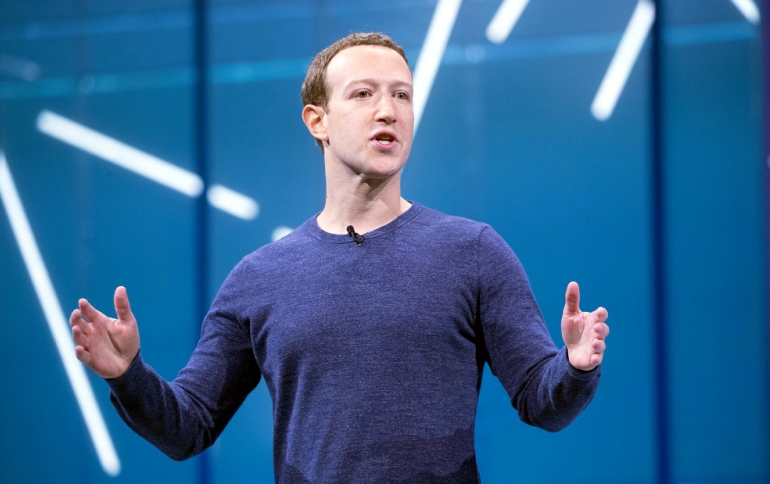
Zuckerberg Defends Messaging Encryption
Facebook Chief Executive Officer Mark Zuckerberg defended on Thursday his decision to encrypt the company’s messaging services, despite concerns about its impact on the tracking of criminal activity.
The Department of Justice has published an open letter to Facebook from international law enforcement partners from the United States, United Kingdom, and Australia in response to the company’s publicly announced plans to implement end-to-end-encryption across its messaging services.
The letter is signed by Attorney General William P. Barr, United Kingdom Home Secretary Priti Patel, Australia’s Minister for Home Affairs Peter Dutton, and Acting Homeland Security Secretary Kevin McAleenan.
The letter requests that Facebook not proceed with its end-to-end encryption plan "without ensuring there will be no reduction in the safety of Facebook users and others, and without providing law enforcement court-authorized access to the content of communications to protect the public, particularly child users."They urged Facebook and other companies to “enable law enforcement to obtain lawful access to content in a readable and usable format”.
The United States and United Kingdom also signed a special data agreement that would fast track requests from law enforcement to technology companies for information about the communications of terrorists and child predators.
Zuckerberg, speaking in a livestream of the company’s weekly internal Q&A session, said he had been aware of child exploitation risks before announcing his encryption plan and acknowledged that it would reduce tools to fight the problem.
“When we were deciding whether to go to end-to-end encryption across the different apps, this was one of the things that just weighed the most heavily on me,” he said.
Addressing an employee question about online child abuse, Zuckerberg acknowledged that losing access to the content of messages would mean “you’re fighting that battle with at least a hand tied behind your back.”
But he said he was “optimistic” that Facebook would be able to identify predators even in encrypted systems using the same tools it used to fight election interference, like patterns of activity and links between accounts on different platforms.
He also suggested the company might further limit the ways adults can interact with minors on Facebook’s platforms.
Zuckerberg announced his plan to pivot the company toward more private forms of communication in March.





















